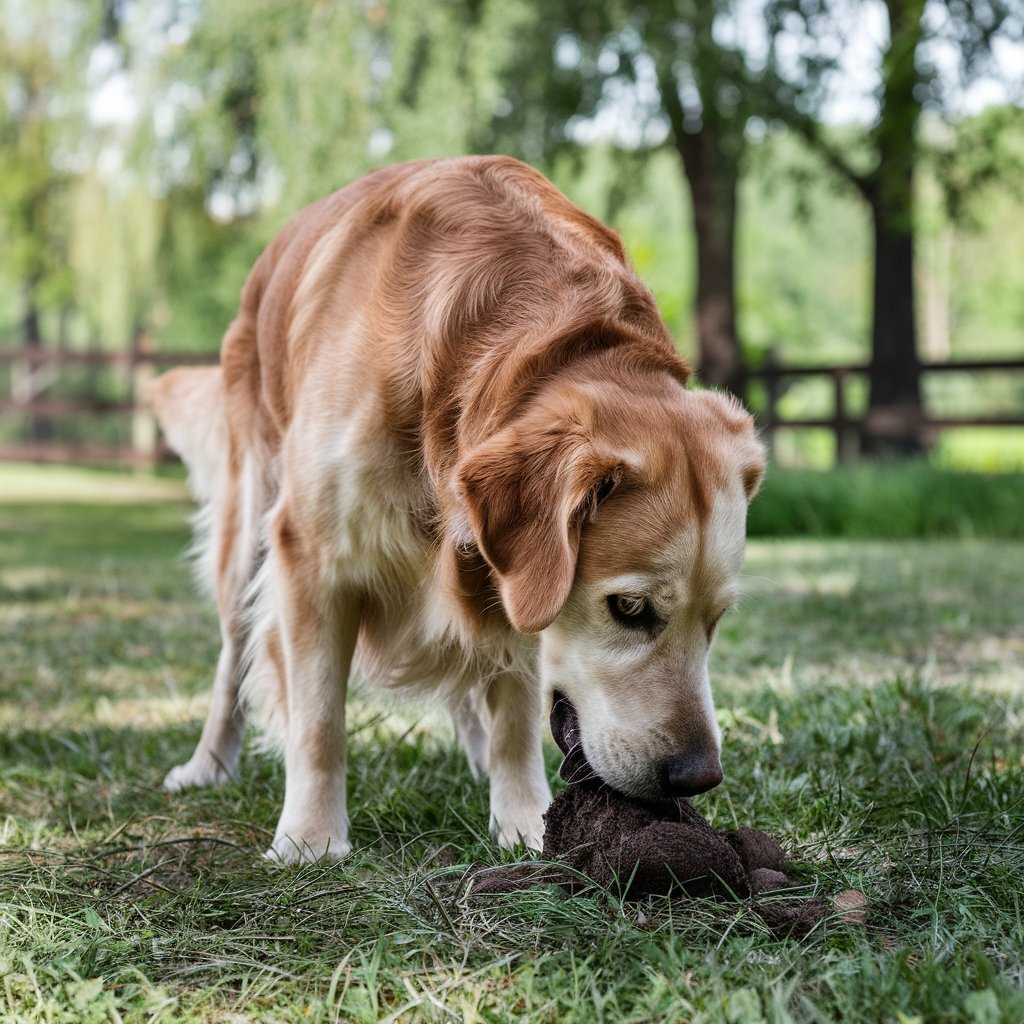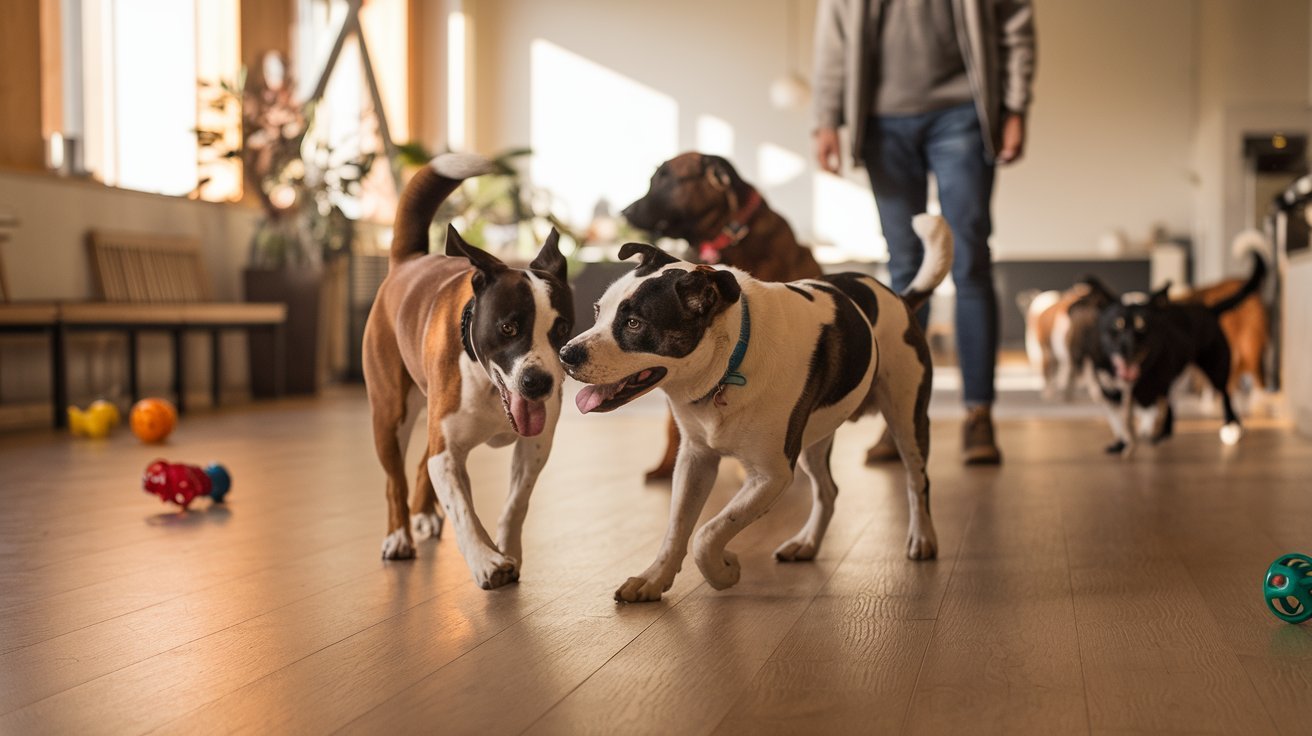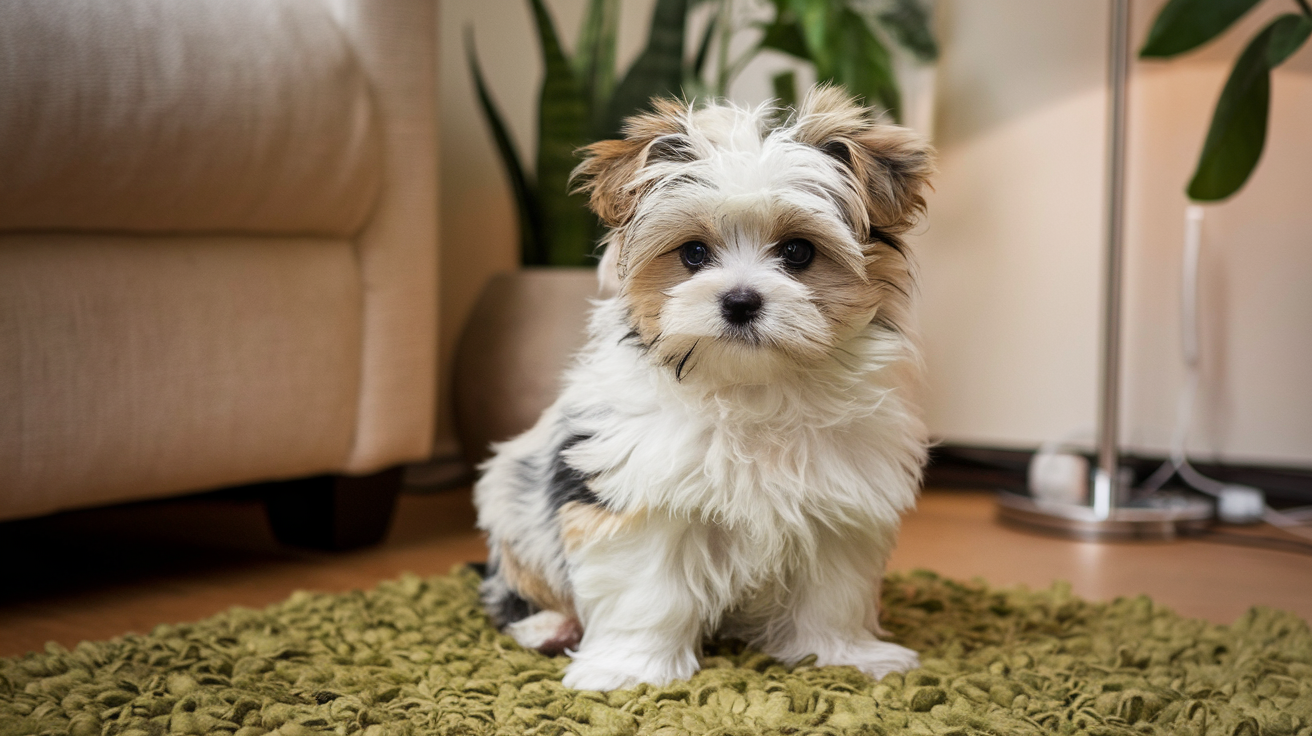Why Do Dogs Eat Poop?
Dogs, our loyal companions, sometimes exhibit behaviors that leave us puzzled, and one of the most baffling is COPROPHAGIA the act of eating poop. If you’ve ever caught your dog in the act, you’re not alone. This behavior can be concerning, embarrassing, and downright confusing for dog owners. But before you start to panic, it’s important to understand that there are several reasons why your furry friend might be indulging in this less-than-appetizing habit.
Understanding the Reasons Behind Coprophagia
1. Natural Instincts
In the wild, canines are scavengers by nature. They consume whatever is available to survive, and this can sometimes include feces. For some dogs, eating poop might be an instinctual behavior that has been passed down through generations. This doesn’t mean it’s desirable, but it does help explain why it happens.
Anecdote: My friend Sarah once shared a story about her dog, Max. Every time they went for a walk, Max would find a way to sneak a quick bite of something undesirable. It wasn’t until she consulted a veterinarian that she learned it could be tied to his wild ancestors’ instincts!
2. Nutritional Deficiencies
One of the most common reasons dogs eat poop is due to a nutritional deficiency. If your dog’s diet is lacking certain nutrients, they might seek out alternative sources to fulfill their dietary needs, even if that means turning to poop. This is especially true if the dog’s current food lacks key vitamins and minerals.
3. Behavioral Issues
Some dogs eat poop due to behavioral issues like anxiety, boredom, or attention-seeking. Dogs are highly social animals, and if they feel neglected or stressed, they might engage in odd behaviors like coprophagia to cope with their emotions or simply to get a reaction from you.
Anecdote: I remember visiting a friend’s home where their dog, Rocky, seemed overly anxious. He would follow everyone around, and when left alone, he’d often resort to eating his own feces. It turned out that Rocky was suffering from separation anxiety, and this behavior was his way of dealing with stress.
4. Mimicking Behavior
Dogs learn by observing others, and if they see another dog eating poop, they might start doing the same. Puppies, in particular, are impressionable and might pick up this behavior from their mother or other dogs in the household.
5. Medical Reasons
Sometimes, the cause of COPROPHAGIA is medical. Conditions like diabetes, Cushing’s disease, or intestinal parasites can lead to an increased appetite, making your dog more likely to eat poop. If this behavior is sudden or accompanied by other symptoms, a trip to the vet is crucial to rule out any underlying health issues.
How to Stop Your Dog from Eating Poop
If your dog is eating poop, don’t despair. There are steps you can take to curb this behavior.
1. Improve Their Diet
First, ensure that your dog is getting a well-balanced diet with all the necessary nutrients. Sometimes, simply switching to a high-quality dog food can make a big difference. Consult with your veterinarian to find the best diet plan for your dog.
2. Keep the Environment Clean
One of the simplest ways to prevent COPROPHAGIA is to keep your dog’s environment clean. Pick up feces immediately so your dog doesn’t have the chance to eat it. If you have multiple dogs, supervise them during bathroom breaks to prevent one from eating the other’s poop.
3. Provide Plenty of Stimulation
A bored dog is more likely to develop bad habits. Make sure your dog has plenty of mental and physical stimulation. Regular walks, interactive toys, and playtime can help keep their mind occupied and reduce the likelihood of them eating poop out of boredom.
Anecdote: I started giving my dog, Bella, puzzle toys filled with treats, and it worked wonders in keeping her engaged. Not only did she stop eating poop, but she also became more focused and less anxious.
4. Use Taste Deterrents
There are products available that can be added to your dog’s food to make their feces taste unpleasant. These taste deterrents can be effective, but they should be used in conjunction with other methods, as they don’t address the underlying cause of the behavior.
5. Training and Positive Reinforcement
Training your dog with positive reinforcement can also help. Teach them the “leave it” command and reward them with treats or praise when they obey. Consistency is key here; with time and patience, your dog can learn that eating poop is not acceptable.
6. Address Medical Issues
If you suspect that a medical condition might be the cause, visit your veterinarian. They can run tests to determine if there’s an underlying issue that needs to be treated.
When to Seek Professional Help
If your dog’s COPROPHAGIA persists despite your best efforts, it might be time to seek professional help. A veterinarian or a professional dog trainer can work with you to develop a comprehensive plan to stop this behavior. Remember, every dog is different, and what works for one might not work for another.
Conclusion: Understanding and Addressing Coprophagia
While it can be frustrating and embarrassing, it’s important to remember that coprophagia is a common behavior in dogs. By understanding the reasons behind it and taking proactive steps, you can help your dog overcome this habit. Whether it’s adjusting their diet, providing more stimulation, or consulting a professional, there are plenty of ways to address this issue.
Anecdote: A friend of mine once joked that owning a dog is like having a toddler who never grows up—they’re full of surprises, and sometimes those surprises are a bit gross! But with love, patience, and the right approach, you can help your dog live a happy and healthy life, free from poop-eating habits.
If you’re concerned about your dog’s behavior, don’t hesitate to seek advice from a professional. Your furry friend’s health and well-being are worth it!



